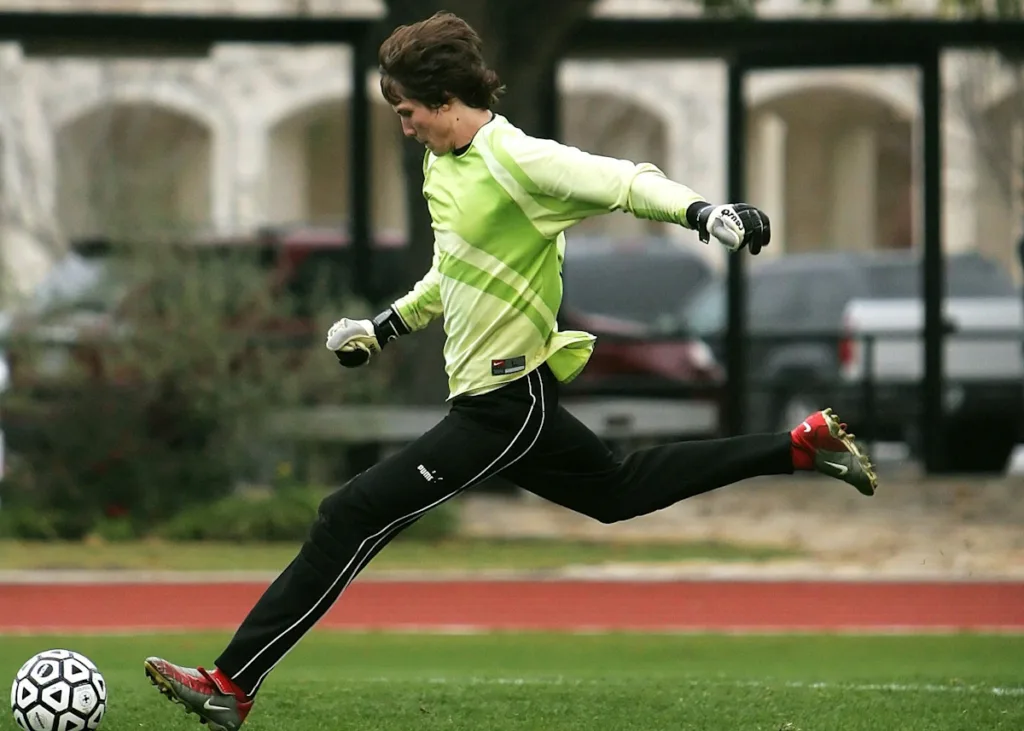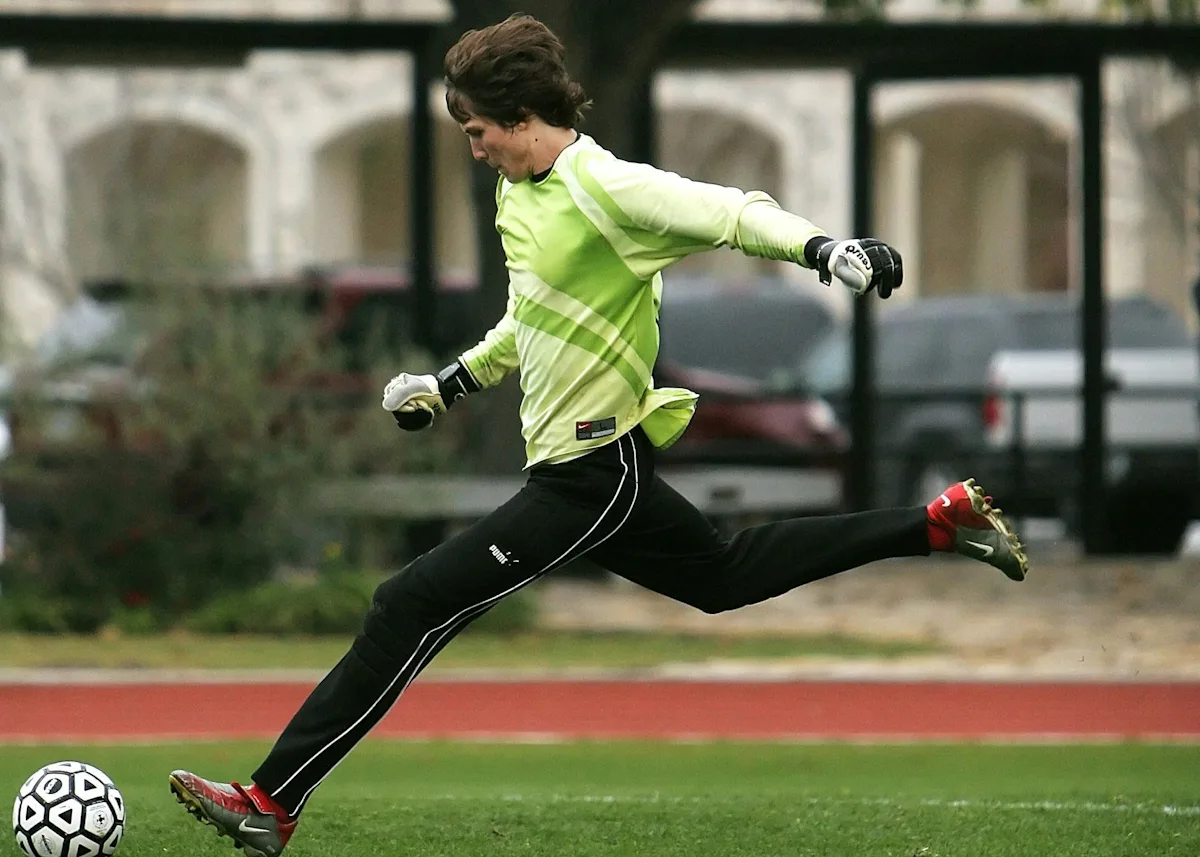Table of Contents
Introduction
In the realm of soccer, the ability to accurately forecast match results is a coveted skill. Whether you’re a passionate fan, a sports bettor, or a team manager, achieving precision in result forecasts can significantly enhance your soccer experience. In this comprehensive guide, we’ll delve into the winning formulas for achieving accuracy in soccer result forecasts, equipping you with the knowledge and strategies to excel in this endeavor.
Understanding the Dynamics of Soccer Result Forecasts
Analyzing Team Performance Metrics
To forecast soccer match results with accuracy, it’s essential to analyze key performance metrics of competing teams. Factors such as goals scored, possession statistics, defensive capabilities, and recent form play a crucial role in predicting match outcomes. By meticulously dissecting these metrics, one can gain valuable insights into the strengths and weaknesses of each team, facilitating more informed predictions.

Assessing Head-to-Head Encounters
Head-to-head encounters between teams provide valuable historical data that can inform result forecasts. Analyzing past matchups, including previous scores, goals, and match conditions, offers valuable context for predicting future outcomes. By identifying patterns and trends in head-to-head encounters, one can make more accurate assessments of team dynamics and potential match results.

Considering External Factors
In addition to team performance metrics, external factors such as weather conditions, player injuries, and home-field advantage can significantly influence match outcomes. It’s essential to factor in these variables when making result forecasts, as they can often tip the scales in favor of one team over another. By considering the broader context surrounding a match, one can account for potential uncertainties and make more nuanced predictions.

Strategies for Precision Forecasting
Utilizing Advanced Statistical Models
Advanced statistical models, such as Poisson distribution, Elo ratings, and expected goals (xG), offer sophisticated approaches to soccer result forecasting. These models leverage historical data and complex algorithms to generate probabilistic predictions based on various factors. By harnessing the power of advanced statistical techniques, one can refine result forecasts and improve overall accuracy.
Incorporating Machine Learning Algorithms
Machine learning algorithms, including neural networks and random forests, represent cutting-edge tools for soccer result forecasting. These algorithms analyze vast datasets to identify intricate patterns and relationships, enabling more precise predictions. By training machine learning models on historical match data, one can develop robust forecasting systems that adapt to evolving match dynamics and trends.
Embracing Collective Intelligence
Crowdsourced forecasting platforms, where enthusiasts and experts contribute their predictions, offer a unique approach to soccer result forecasting. By aggregating diverse perspectives and insights, these platforms harness the collective intelligence of the crowd to generate consensus forecasts. Embracing collective intelligence can provide valuable validation and refinement of individual predictions, enhancing overall forecast accuracy.
Conclusion
Achieving accuracy in soccer result forecasts requires a multifaceted approach that blends statistical analysis, predictive modeling, and strategic insights. By understanding the dynamics of soccer predictions, leveraging advanced techniques, and embracing collective intelligence, individuals can elevate their forecasting capabilities to new heights. So, whether you’re a seasoned analyst or a passionate fan, apply these winning formulas to unlock the secrets of soccer result forecasting and elevate your soccer experience.
Please click here for further reading materials on above topic.
Please click here to ELEVATE YOUR ICE HOCKEY PREDICTIVE SKILLS

